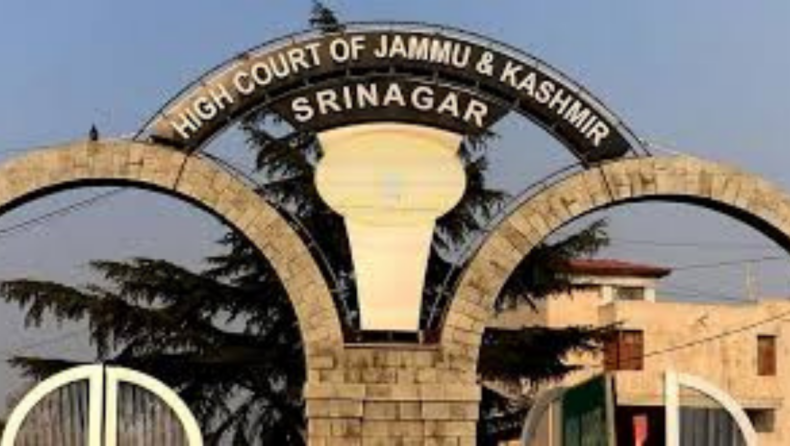In his 32-page decision, Justice Hari Shankar stated that when the impoverished and disadvantaged approach the Court, it must be attentive, aware, and aware of the fact that these plaintiffs lack access to thorough legal resources.
“Law, with all its legalese, is nothing if the disadvantaged cannot obtain justice”
“As one of the three constitutive branches of government, but acting independently and unaffected by the other two, the judiciary must remain as sensitive to the requirements of Articles 38 and 39 as the legislative and administration. “Law, with all its legalese, is nothing if the disadvantaged cannot obtain justice,” the ruling stated.
He emphasised that our preambular objective is not law, but rather justice.
“Ultimately, our preamle’s objective is not law, but justice. The law is only a tool, a conduit, if you will, to achieve justice, and any legislation that cannot strive to justice is thus not worth administering.”
Justice Hari Shankar said that homeless people who reside on city sidewalks and inaccessible nooks and crannies do not live but only exist.
Article 21 of the Constitution’s definition of life is unfamiliar to them, he lamented.
“Even a minimum attempt to imagine how they live is soothing for us, looking out from our gilded cocoons.” “As a result, these creatures of the shadows continue to scrape out an existence not day by day, but frequently hour by hour, if not minute by minute,” he explained.
The court stated that the alleviation of the plight of the poor and homeless is implicit in each of these directive principles, which, despite not being enforceable by courts, are nonetheless fundamental to the governance of the country and must be taken into account by the State when drafting legislation.
“Every legislative act, whether plenary or subordinate, must be read so as to render it constitutional rather than unlawful. These principles, when juxtaposed, necessitate that all acts and instruments of state policy be read in a manner that is consistent with the directive principles of state policy contained in Chapter IIIA of the Constitution of India, according to the opinion of the Court.
Referring to Articles 38 and 39 of the Constitution of India, the Court stated that the alleviation of the plight of the poor and homeless is encompassed by the aforementioned directive principles, which, despite not being enforceable by the Court, are fundamental to the governance of the country and must be taken into account by the State when making laws.
It added “The onus that the law places on the petitioner who petitions the Court, to positively establish every ingredient necessary to entitle him to relief has, in the case of the impecunious with meagre resources at hand, to be tempered with the conviction that, if the litigant is entitled to relief, relief should not be denied to him on technical considerations.
As one of the three co-equal wings of the government, albeit functioning independent of, and uninfluenced by, the other two, the judiciary is required to remain as sensitive to the call of Articles 38 and 39 as the legislature, or the executive.”













